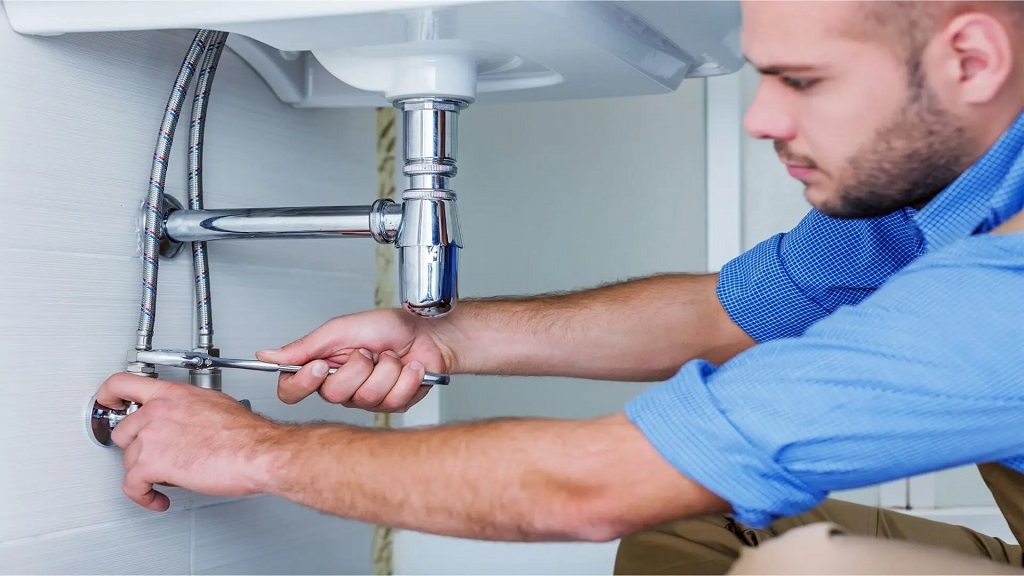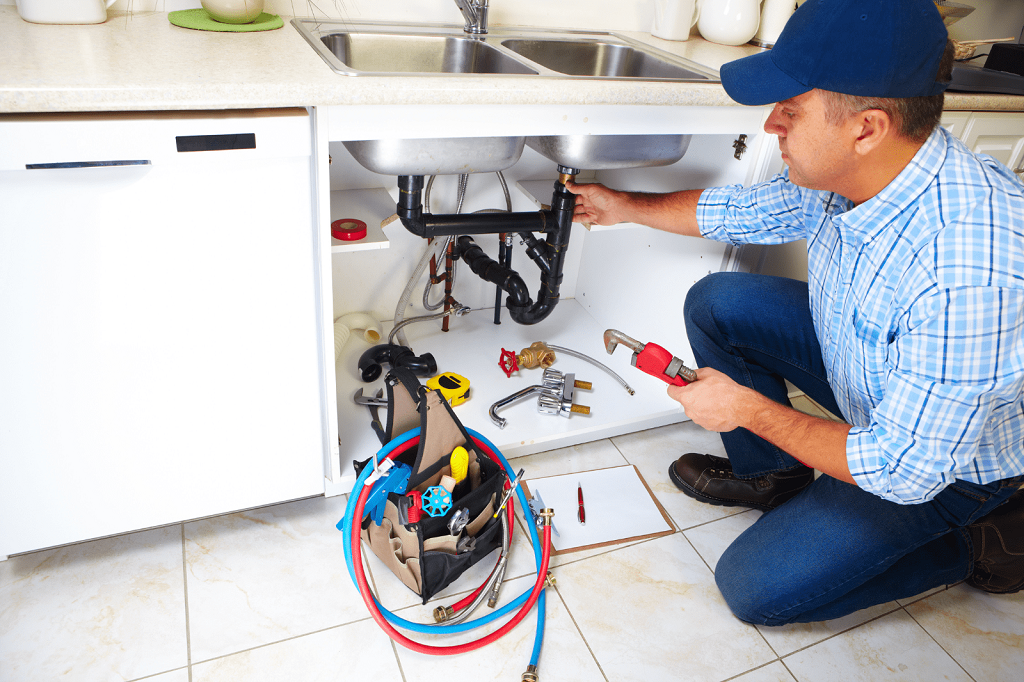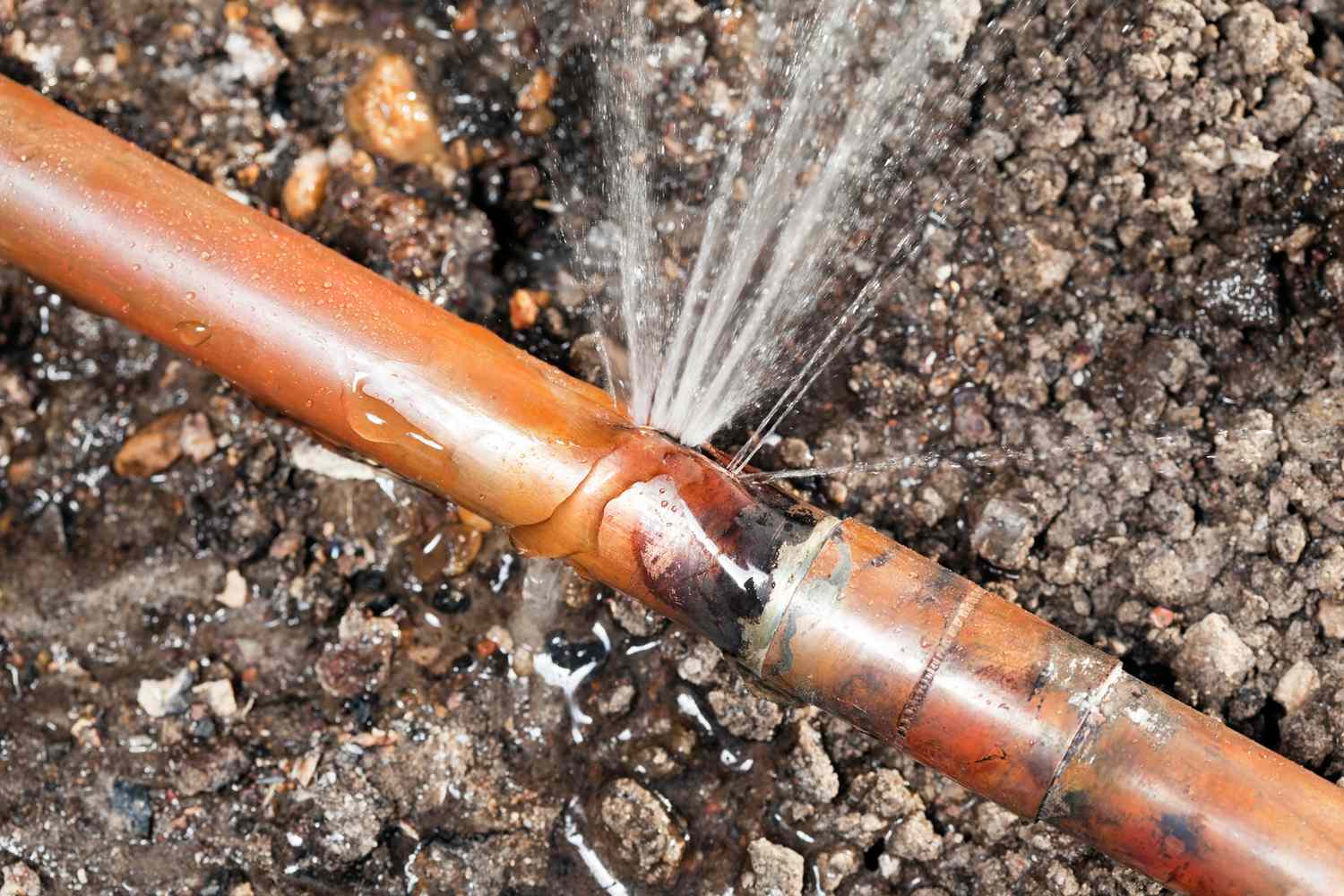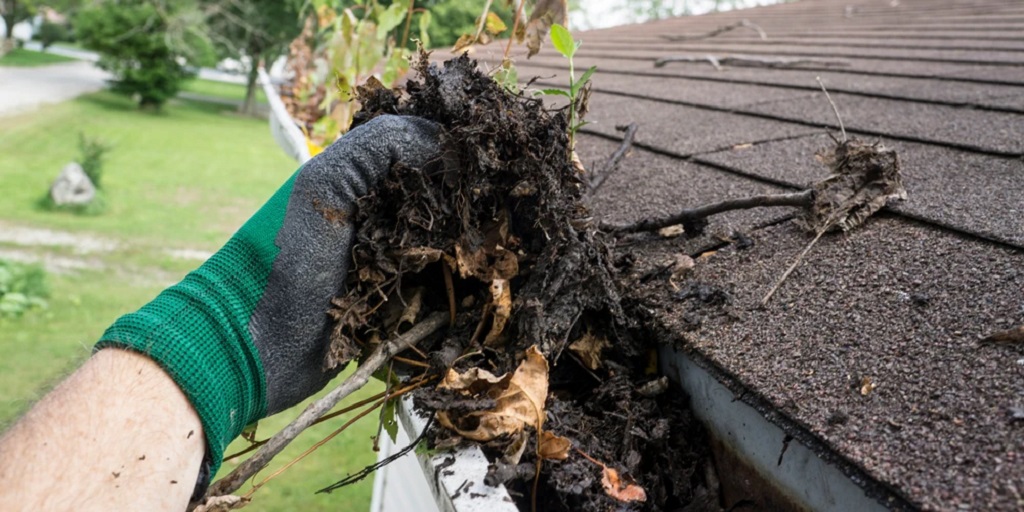Our plumbing systems work tirelessly behind the scenes, ensuring a steady flow of clean water and the removal of wastewater. But like any system, plumbing can malfunction. While some minor issues might be DIY projects, others require the expertise of a licensed plumber. Knowing the signs of a plumbing issue that necessitates professional attention can save you time, money, and a whole lot of frustration.
This guide equips you with the knowledge to identify plumbing problems that demand professional intervention.
Water Woes: Leaks, Drips, and Pressure Fluctuations
Persistent Leaks: Leaks are a telltale sign of a plumbing issue. Visible leaks under sinks, around pipes, or from fixtures like toilets or faucets require prompt attention. Even a small, seemingly insignificant leak can waste gallons of water over time and lead to more extensive damage if left unaddressed.
Dripping Faucets: A constantly dripping faucet is not just annoying, it’s a sign of worn-out components or loose connections. While a simple fix might involve tightening a packing nut, persistent drips warrant a call to a plumber to diagnose the underlying issue and prevent potential water damage.
Sudden Drops in Water Pressure: Low water pressure throughout your home can be inconvenient, making showering and everyday tasks frustrating. Causes can range from clogged pipes to a faulty pressure regulator. A plumber can diagnose the culprit and restore optimal water flow.
Unexplained Fluctuations in Water Meter: If your water meter reading seems abnormally high even when water usage remains consistent, it could indicate a hidden leak somewhere in the system. A professional plumber can use specialized equipment to locate the source of the leak and make the necessary repairs.
Drainage Dilemmas: Slow Drains, Clogs, and Backups
Slow Drains: Slow drainage in sinks, bathtubs, or showers is a common plumbing issue. Hair, soap scum, and other debris can accumulate in pipes, causing sluggish drainage. While some store-bought drain cleaners can offer temporary relief, they can be harsh on pipes and may not address the root cause. If slow drainage persists, a plumber can use tools like drain snakes or hydrojetting to clear blockages effectively.
Frequent Clogs: If you’re constantly battling clogs, it’s a sign of a deeper problem. Foreign objects like grease, food scraps, or improper disposal of certain materials can cause stubborn clogs. A plumber can diagnose the cause, clear the clog, and offer recommendations to prevent future occurrences.
Sewer Line Backups: Sewage backups are a messy and unsanitary situation. If sewage backs up into drains, toilets, or bathtubs, it indicates a major clog or problem with the main sewer line. This is a plumbing emergency and requires immediate professional attention to prevent further damage and health risks.
Sounds of Trouble: Gurgling, Knocking, and Banging
Gurgling Noises: Gurgling sounds emanating from drains can be caused by air trapped in the pipes. This can occur due to a vent pipe blockage or a clogged drain somewhere in the system. A plumber can diagnose the cause of the air blockage and restore proper drainage.
Knocking or Banging Sounds: Knocking or banging noises when turning on or off faucets can indicate a water hammer, a phenomenon caused by a sudden pressure surge in the pipes. A plumber can recommend solutions like water hammer arrestors to prevent damage to pipes and minimize noise.
Hissing Sounds: Hissing sounds near pipes can indicate a leak under pressure. This could be a serious issue and requires a plumber’s immediate attention to locate and repair the leak before it worsens.
Unpleasant Surprises: Smells and Discoloration
Sewer Odors: Sewer gas has a distinct and unpleasant odor. If you detect sewer smells emanating from drains or around toilets, it indicates a potential leak or blockage in the drain system. A plumber can identify the source of the odor and make the necessary repairs to prevent further problems and eliminate the unpleasant smell.
Rusty Water: Rusty water coming from faucets can be caused by corroded pipes. While not necessarily an immediate health hazard, it can stain fixtures and laundry. A plumber can assess the extent of pipe corrosion and recommend solutions like pipe replacement or water filtration systems.
Discolored Drains: Drains that appear discolored, brownish, or reddish could be a sign of rust or mineral buildup within the pipes. A plumber can advise on the best course of action, which may involve pipe cleaning or replacement depending on the severity of the issue.
Beyond the Signs: When to Call a Professional
While this guide highlights some common signs of plumbing problems, it’s not an exhaustive list. Here are some additional situations where seeking professional help is crucial:
- No Hot Water: If you’re experiencing a complete lack of hot water, it could be due to a malfunctioning water heater, faulty thermostat, or sediment buildup. A plumber can diagnose the issue and restore hot water access.
- Frozen Pipes: Frozen pipes can burst and cause extensive water damage. If you suspect frozen pipes due to cold weather, turn off the water supply and call a plumber immediately to prevent further damage.
- Complex Repairs: Some plumbing repairs, like fixing a burst pipe, replacing a main sewer line, or installing a new water heater, require specialized skills and equipment. Leave these complex tasks to a licensed plumber to ensure proper repairs and avoid creating bigger problems.
- Safety Concerns: If you suspect a gas leak, notice sparks near electrical wiring around plumbing fixtures, or encounter any situation that poses a potential safety hazard, turn off the water supply if possible and evacuate the area immediately. Call a qualified plumber and a licensed electrician to address the issue.
The Importance of Preventative Maintenance
Even with the best intentions, plumbing issues can still arise. However, regular preventative maintenance can help minimize problems and extend the lifespan of your plumbing system. Here are some tips:
- Schedule Regular Drain Cleaning: Professional drain cleaning every 1-2 years can help prevent clogs and backups.
- Inspect and Maintain Fixtures: Look for signs of wear and tear on faucets, showerheads, and toilets. Replace worn-out parts promptly to prevent leaks and drips.
- Be Mindful of What Goes Down the Drain: Avoid disposing of grease, food scraps, coffee grounds, or other materials that can contribute to clogs. Invest in drain traps for sinks to catch debris.
- Insulate Pipes in Cold Climates: Properly insulate exposed pipes in attics, crawl spaces, and exterior walls to prevent freezing during cold weather.
- Know Where Your Shutoff Valve is Located: Familiarize yourself with the location of your main water shutoff valve. This will allow you to turn off the water supply in case of a plumbing emergency.
Related: How Does a Plumber Find a Water Leak Underground
By understanding the signs of trouble and taking preventative measures, you can maintain a healthy plumbing system and avoid costly repairs. Remember, when in doubt, it’s always better to err on the side of caution and call a qualified plumber to diagnose and address any plumbing concerns. A professional plumber can not only fix the problem efficiently but also offer valuable advice to prevent future issues, ensuring your home’s plumbing system runs smoothly for years to come.




